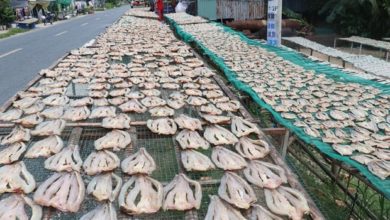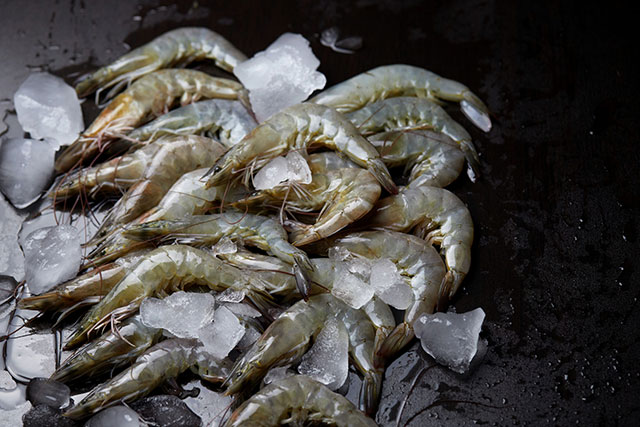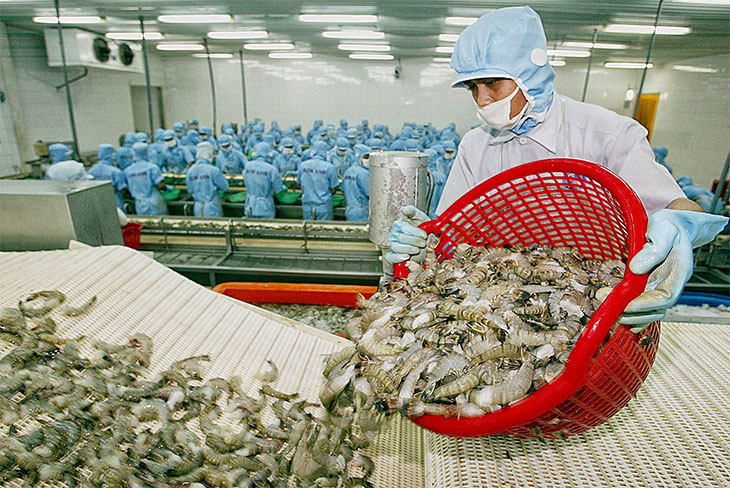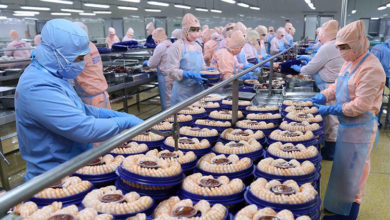CASES invests in new plant to boost value-added shrimp output
Ca Mau Seafood Processing and Service Joint Stock Company (CASES), one of Vietnam’s leading seafood processors, is investing between USD 5-6 million in a new plant to expand its capacity for value-added shrimp production.
The facility, now under construction in Ca Mau province near two of the company’s existing shrimp plants, is part of CASES’ long-term strategy to maintain global competitiveness. The move comes as major competitors like Ecuador and India shift toward higher-margin shrimp products.
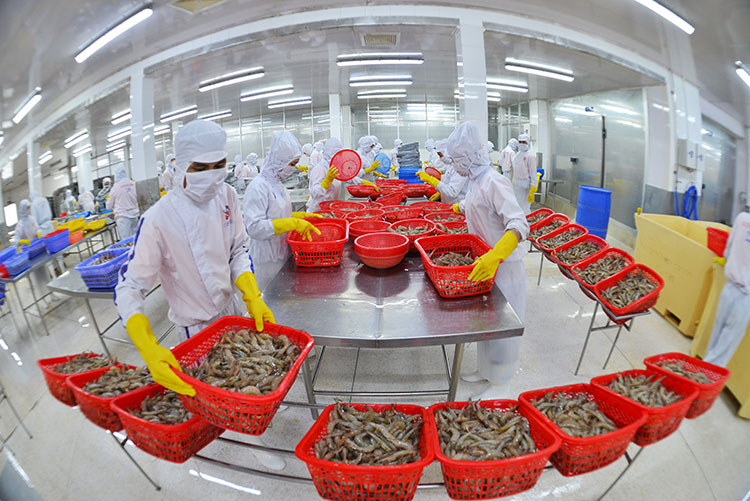
Scheduled for completion by the end of 2025 and full operation in early 2026, the plant will focus on processing nobashi (stretched shrimp), sushi accompaniments, breaded items, and tempura-style value-added products.
The new facility is expected to produce 2,000 metric tons in its first year, supplementing CASES’ current annual output of approximately 15,000 metric tons of commodity items such as head-on frozen shrimp.
Whiteleg shrimp accounts for around 75% of the company’s shrimp volume, while black tiger shrimp makes up the remaining 25%.
Founded in 1996 as a state-owned enterprise and privatized in 2006, CASES now operates six processing facilities for shrimp, surimi, and cuttlefish across the provinces of Ca Mau, Kien Giang, and Bac Lieu, employing more than 4,500 workers.
The company has invested over USD 50 million in these operations and plans further investment to expand its value-added product capacity. Management anticipates a gradual shift away from commodity products toward premium offerings.
In 2024, CASES reported sales of USD 180 million and is targeting USD 200 million for 2025. The Ca Mau-based processor has set a goal of reaching USD 210 million in revenue next year, emphasizing steady growth and profitability over aggressive expansion. Annual growth is capped at 10% to maintain profit margins.
Asked about potential impacts from retaliatory U.S. tariffs introduced under the Trump administration, company representatives confirmed CASES has seen little effect, as the U.S. accounts for only 2–3% of total export revenue.
The EU and South Korea each represent roughly 30% of CASES’ export volume, while Australia contributes 20%. The remaining shipments are distributed across markets such as the Philippines, Singapore, Thailand, and Japan.
Tropical surimi production remains stable
Frozen surimi blocks are CASES’ second-largest product line after shrimp, with annual output of 16,000 metric tons. The surimi is made from tropical species such as itoyori (golden threadfin bream), eso (lizardfish), guchi (croaker), and kintokidai (bigeye snapper).
Despite the volume, CASES has no plans to expand surimi production using wild-caught fish. Instead, the company processes fishmeal from fish skins, heads, and other by-products, which is sold domestically.
VFM


